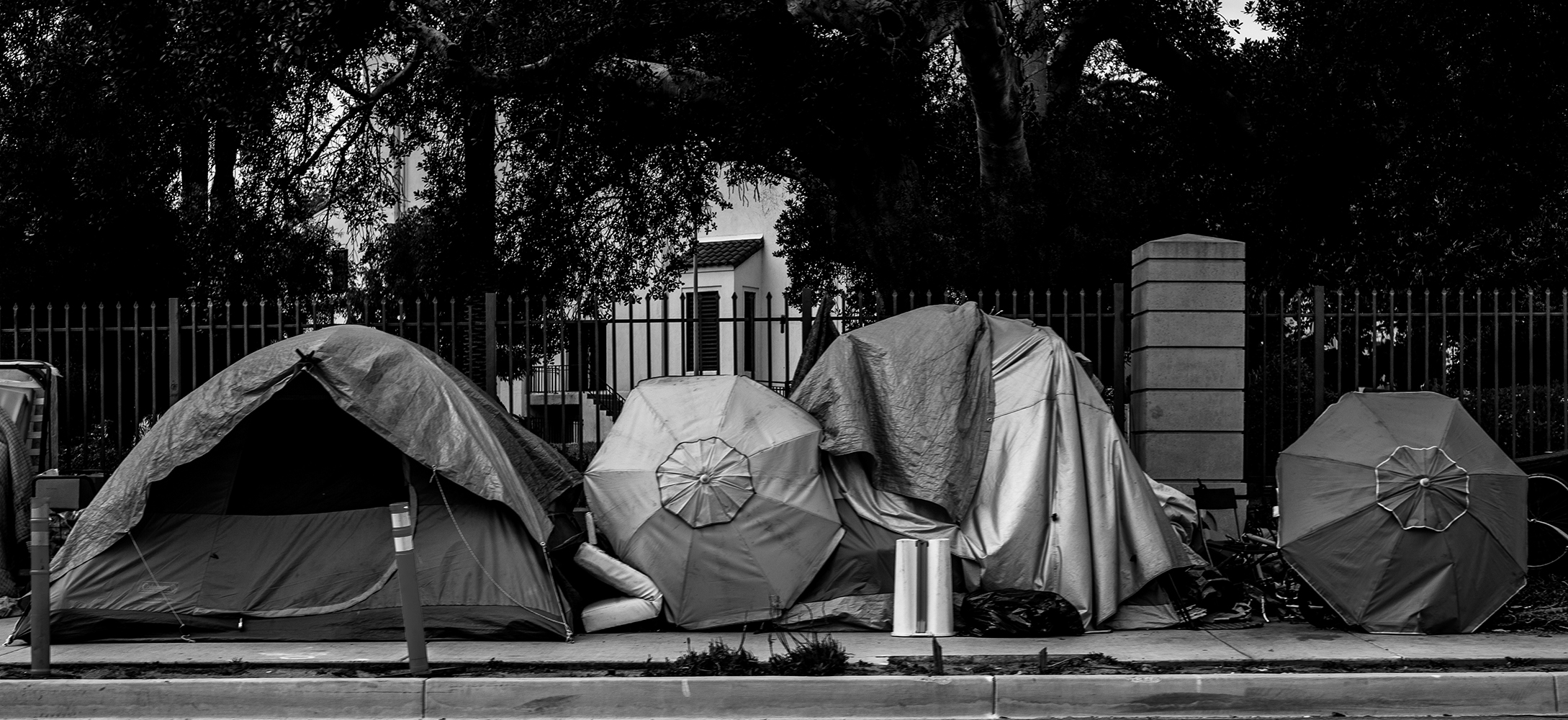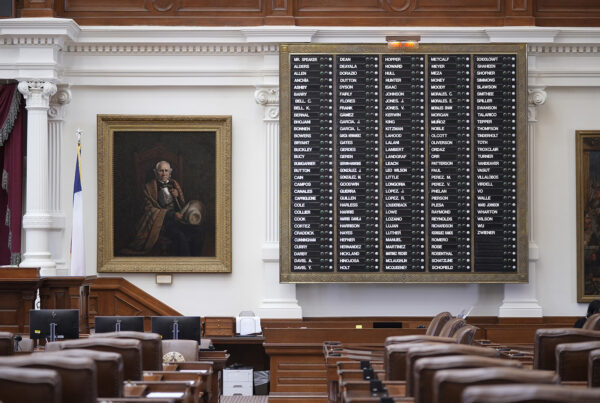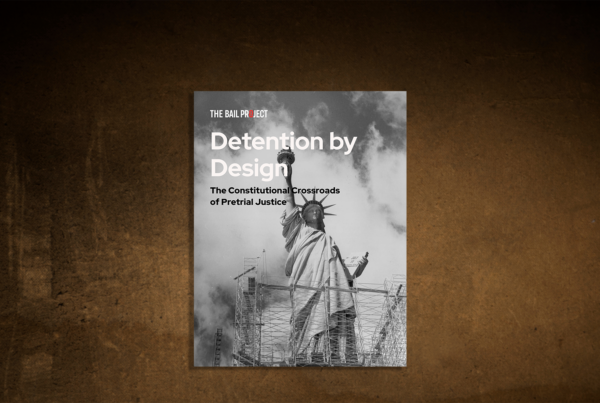“We were on the street for years,” said Shelly, a 65-year-old retiree from Tulsa, Oklahoma. “That’s a long time to lay down on concrete.”
When Shelly was arrested for trying to leave Walmart with food she couldn’t afford, she faced $800 in cash bail — an impossible sum after years of homelessness. Her story is far from unique. Across the United States, hundreds of thousands of unhoused people are booked into jails each year – not because they are dangerous, but because their poverty has been criminalized.
Our new explainer, “Homelessness Shouldn’t Be a Crime: Why Jailing People for Poverty Fails Communities and Fuels Injustice,” explores how cities have turned to arrests and incarceration to hide poverty instead of solving it – and how cash bail traps people in cycles of homelessness, instability, and jail. It also lifts up The Bail Project’s human-centered alternative: free bail assistance, transportation, court reminders, and voluntary referrals to housing, treatment, and employment services that help people succeed while awaiting trial.
“This isn’t about public safety,” said Robert Brown, The Bail Project’s National Director of Operations. “It’s about discomfort. Cities use arrests and citations to move poverty out of sight.”
Once someone is arrested, the cash bail system makes freedom a privilege of wealth. Judges often set higher bail for people without fixed addresses, calling them “flight risks.” For those already living on the edge, even a few days in jail can unravel what little stability they have.
“A few days in jail can completely change the course of a person’s life, especially for someone who is already housing insecure,” said Christine, a Bail Disruptor in St. Louis. “When people are released, they often face new barriers that make it even harder to rebuild. They may lose access to their phone, their job, or their housing. Without those basic tools, it becomes difficult to stay in contact with employers, attend court dates, or maintain any sense of stability.”
Riley, a Bail Disruptor on the Flathead Reservation in Montana, has seen similar patterns in Montana. “Sometimes a few days in jail can cause homelessness,” she said. “I once posted bail for a young mother of two children who was accused of possessing drugs. With public housing regulations, this charge alone was enough to evict the mother and her children from their housing unit, before she was even found guilty.”
Stories like these show what happens when poverty is met with punishment instead of care. “People who are unhoused going through the jail system are, in my opinion, consistently rotated through it,” said Michael, a Client Support Specialist in Phoenix. “A constant trying to get on your feet and having the rug pulled out from under you.”
At The Bail Project, we see everyday there is a better way. When we post bail, we also provide the tools and connections people need to succeed. The results tell the story: our clients return to more than 90% of their court dates without any of their own money on the line.
Because jail doesn’t solve homelessness. It deepens it.
And because cash bail doesn’t create safety. It buys inequality.
Read the full explainer, “Homelessness Shouldn’t Be a Crime: Why Jailing People for Poverty Fails Communities and Fuels Injustice,” for a deeper look.
We need your help to secure freedom for people trapped behind bars because of unaffordable bail.
Your support gives hope to the thousands of people still trapped in pretrial detention. We’ve supported more than 40,000 clients through free bail assistance and community-based support services like affordable housing and healthcare, and mental health services. You can help secure the freedom of thousands more.
The Bail Project is a 501(c)(3) nonprofit organization that is only able to provide direct services and sustain systems change work through donations from people like you.











